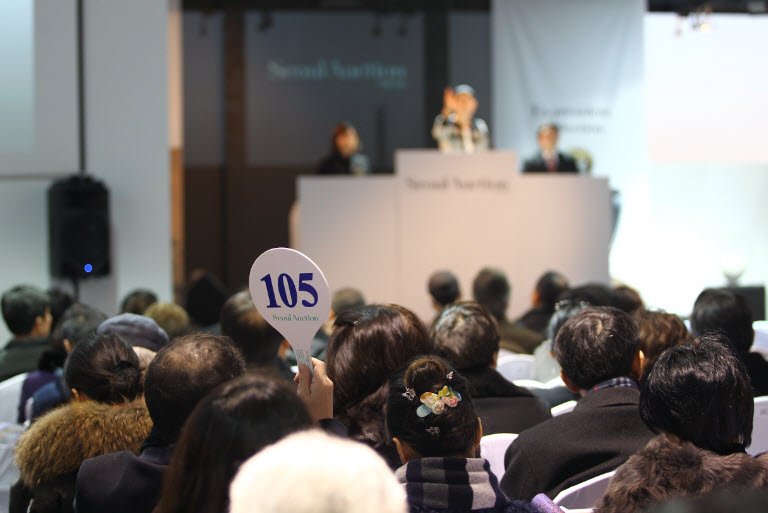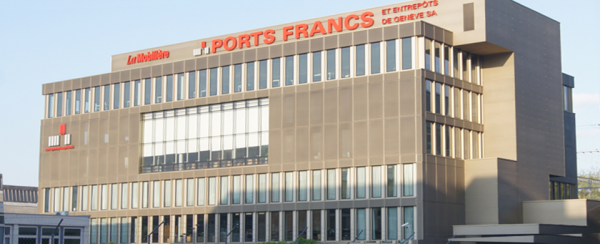Law & Politics
Switzerland Cracks Down on Art Market with Tighter Anti Money Laundering Laws
Cash transactions and freeports come under scrutiny, but is it enough?

Cash transactions and freeports come under scrutiny, but is it enough?

Hili Perlson

In December 2014, the Swiss parliament—giving in to international pressure—passed new laws to tighten its anti-money-laundering regulations, most prominently the freezing of assets in Swiss bank accounts.
It also increases watch over politicians and officials such as those arrested in the FIFA scandal, by defining them as PEP—Politically Exposed Persons (see Did Vladimir Putin Bribe FIFA Executive with Picasso Painting? and Disgusted Artists Flood Internet with Imagery Mocking FIFA and World Cup Sponsors).
Swissinfo.ch reports that, from January 2016, the revised law on money laundering will consider serious tax offences as a predicate offence to money laundering, ending the distinction between tax fraud and tax evasion for which Switzerland has been strongly criticized.
Far more controversial, however, is a law that, starting 2016, will cap cash transactions at 100,00 CHF ($104,000), a regulation that targets the art market (though this limit is well above the European Union’s, set at €7,500, and the U.S.’s, set at $10,000 for cultural property).

New records were set at autions recently, as the art market sees increase of 300% over the last decade.
“It’s a complete paradigm change,” Stiliano Ordolli, head of the Swiss Money Laundering Reporting Office, told Swissinfo.ch.
All payments over the cash limit are “payable by credit card or the seller must carry out due diligence obligations. Either the seller does not accept it or they must ask additional questions to be sure of the legal origins of funds,” Ordolli explained.
“Manipulation, conflicts of interest, and opacity: what is happening in the art market, with all the cash payments, reminds me of banking secrecy 30 years ago,” Monika Roth, lawyer and professor at Lucerne’s University of Applied Sciences and Arts, told Swissinfo.ch. “Everybody knows what is going on but nobody wants to think about the consequences,” she added.
“But it’s not enough,” Roth insisted, referencing the cash cap. “There must be real regulation of the art market, if only to protect the honest traders. The big players like Art Basel should think about it because, once the question of banking secrecy is resolved, attention will turn to the art world and that will really hurt!” (see Here Is the 2015 Exhibitor List for Art Basel in Basel).

Yves Bouvier.
Photo via: Rakyat Post.
The recent arrest of Freeport former leader and art dealer Yves Bouvier, who is being sued by Russian collector Dmitry Rybolovlev, also opened up the discussion over the underhand dealings that might take place at Switzerland’s freeports (see Accused of Art Fraud, Yves Bouvier Steps Down From Le Freeport and Swiss Paper Publishes “Embarrassing” Yves Bouvier Emails, But No Smoking Gun Yet).
Originally created in the 19th century to store goods in transit, up to 40 percent of merchandise kept in the freeports nowadays is cultural property (see “Le Freeport” Opens in Luxembourg).
“In the freeports, quantities of cultural items are negotiated without ever leaving and become simple property titles,” Andrea Raschèr, expert in art law and former head of international affairs at the Federal Office of Culture, told Swiss.info.
“There are even exhibition rooms, parallel arrangements which bear no relation to the purpose of these structures that were created with the intent of transiting merchandise, not storing it for decades,” Raschèr added, pointing out that more and more transactions are done in cash “because a lot of people take their money out and keep it in the freeports.”
In 2014, a federal audit concluded that “these exceptional customs zones are booming and are today worth CHF100 billion ($106 billion).”

Geneva Freeports
Photo via: Geneva-freeports.ch
The audit recommended applying increased customs controls, but the Swiss government has yet to present a strategy.
“It has been more than a year since [the government] received the report on the freeports and it still has not responded,” Roth said. “The ordonnance must clearly limit the duration merchandise can be stored. Switzerland should also submit players of the art world to the anti-money laundering laws.”
The canton of Geneva is 86 percent shareholder in the freeports, and the Bouvier case has finally got the canton to act. At the general assembly of freeports last week, Geneva announced the nomination of a new president, the obligation for shareholders to make themselves known, and the reinforcement of police control of the art market.